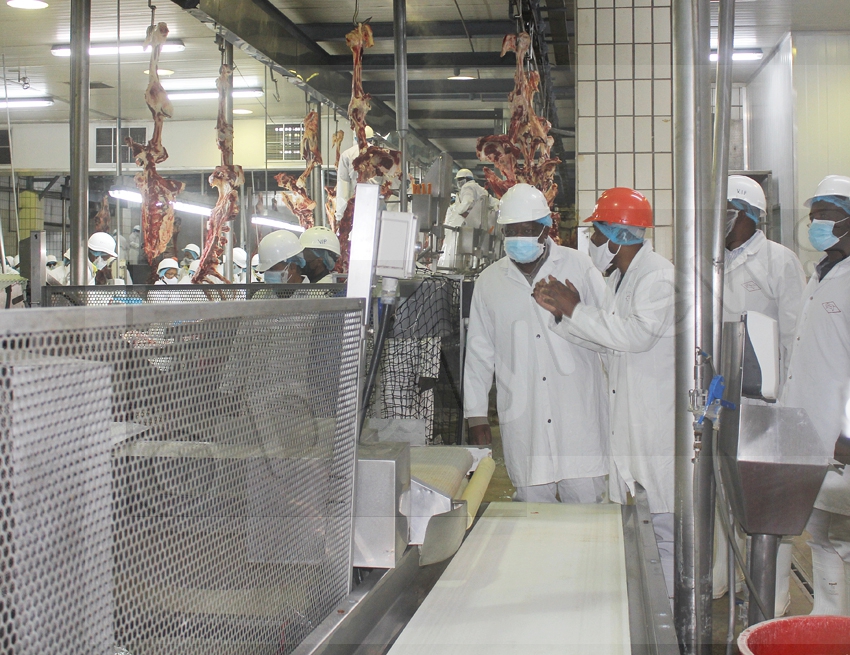Regulations to clarify responsibilities
15 Jul 2021
The Ministry of Local Government and Rural Development adopted and published, in September 2020, the School of Industries Regulations which will serve to augment provisions of the Children’s Act (CAP 28:04) as well as clarify responsibilities for appreciation and improvement of service delivery.
Local government assistant minister, Mr Mabuse Pule told Parliament on Wednesday that the School of Industries, known as Ikago Centre, was established by the Children’s Act, (CAP 28:04) to provide rehabilitation services for juvenile offenders (children in conflict with the law).
“My ministry and other key stakeholders are working on the dissemination and actualisation of these regulations this financial year with the expected outcome of improved oversight and increased uptake of the young offenders,” he stated.
Mr Pule also explained that the centre housed male children following their custodial sentence by courts of law as provided for in the Act and they were those aged between 14 years (age of criminal responsibility) and 18 (age of childhood exit)
Furthermore, he said the minimum committal period was six months while the maximum was three years.
Mr Pule stated that the average age for the children held at Ikago was 17 years and currently there were six and were all males.
He said the period of stay for the offenders had been statutorily set at a minimum period of six months and three years as maximum.
Moreover, he said rehabilitation efforts had been somewhat challenging owing to the diversity of the criminal behaviour of the children committed to the centre.
“There are however some notable success stories of some of the centre graduates,” he said, adding continuous efforts were made from the time of committal up to their release, where the social workers got in contact with their families in preparation for a smooth re-integration.
He indicated that upon release, they were followed up for a period of up to one year to asses if they had been fully reintegrated.
He also said there was no evidence to suggest that the centre can be a crime breeding point and incidences that occurred had been successfully managed and most of them were trivial in nature.
“It is only in few instances where the children in the centre have had to be transferred to the Boys Prison when they re-offended or their behaviour was beyond the capacity of the centre management,” he said.
Also, he said the centre had been set as a statutory rehabilitation facility in terms of the Children’s Act, under the local government ministry’s mandate.He also explained that the overriding principle was to separate child offenders from adult offenders in a non-prison environment and facilitate for their rehabilitation and reintegration to their families.
Molepolole North legislator, Mr Oabile Regoeng had wanted an update on the rehabilitation policy or guidelines.
Mr Regoeng also wanted to know the number and average age of children currently held at Ikago Rehabilitation Centre in Molepolole and how long they were rehabilitated before release.
He further wanted to know whether the rehabilitation efforts were bearing fruits and if the ministry would confirm that the centre had not become somewhat crime breeding point.
He had also asked if there were any compelling reasons to have the services and management of such rehabilitation centres under the local government ministry and not the Botswana Prisons Service which he argued was well-resourced to handle such work. ENDS
Source : BOPA
Author : BOPA
Location : GABORONE
Event : parliament
Date : 15 Jul 2021



